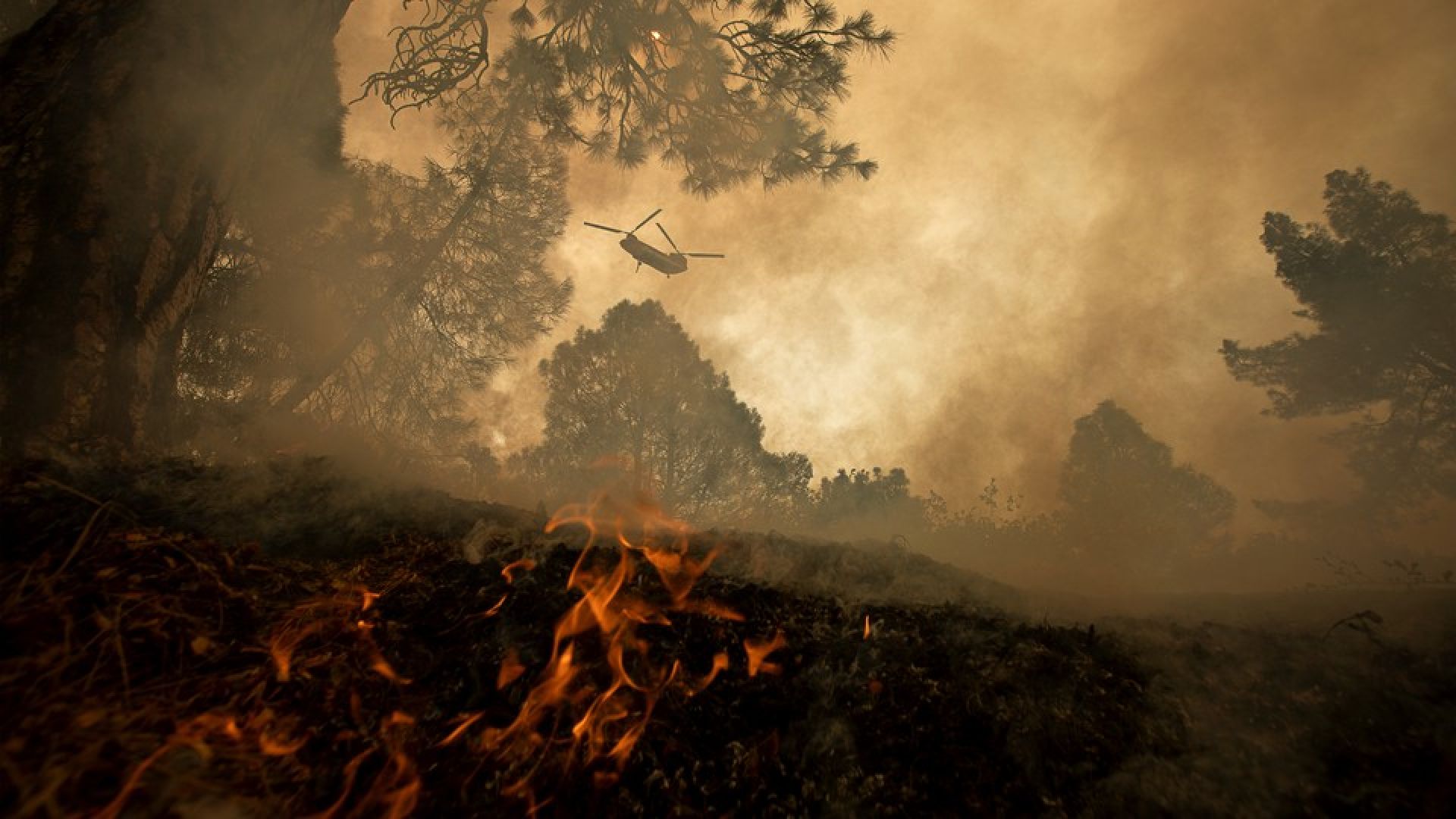Climate change amplifies fire risks, as hotter temperatures, droughts, and extreme weather conditions contribute to the spread of fires. The interplay between different climate disasters, such as hurricanes and wildfires, creates a cascading effect that intensifies the overall impact. Researchers have observed hurricanes like Lane and Dora worsening wildfire risks, showcasing the interconnectedness of climate-related events. The fire age is not limited to specific regions but is a global phenomenon fueled by climate change. The interconnected nature of climate disasters, with water evaporating faster, winds blowing stronger, and fires burning hotter, underscores the urgency of addressing climate change on a broader scale. The wildfires in Maui serve as a stark wake-up call, prompting reflection on the need for comprehensive and adaptive strategies to confront the growing threat of wildfires in a world increasingly defined by the pyrocene. As the fire age rages on, it becomes evident that concerted global action is essential to mitigate its impact and build resilience in the face of this evolving environmental challenge.
We’re in an Age of Fire
Reviewer: Chidera Ejikeme
Guest editor from Northfield Mount Hermon School
September 04, 2023
News from: The Atlantic

Climate change amplifies fire risks, as hotter temperatures, droughts, and extreme weather conditions contribute to the spread of fires. The interplay between different climate disasters, such as hurricanes and wildfires, creates a cascading effect that intensifies the overall impact. Researchers have observed hurricanes like Lane and Dora worsening wildfire risks, showcasing the interconnectedness of climate-related events. The fire age is not limited to specific regions but is a global phenomenon fueled by climate change. The interconnected nature of climate disasters, with water evaporating faster, winds blowing stronger, and fires burning hotter, underscores the urgency of addressing climate change on a broader scale. The wildfires in Maui serve as a stark wake-up call, prompting reflection on the need for comprehensive and adaptive strategies to confront the growing threat of wildfires in a world increasingly defined by the pyrocene. As the fire age rages on, it becomes evident that concerted global action is essential to mitigate its impact and build resilience in the face of this evolving environmental challenge.
Link:https://www.theatlantic.com/science/archive/2023/08/maui-wildfire-hurricane-connection/674982/